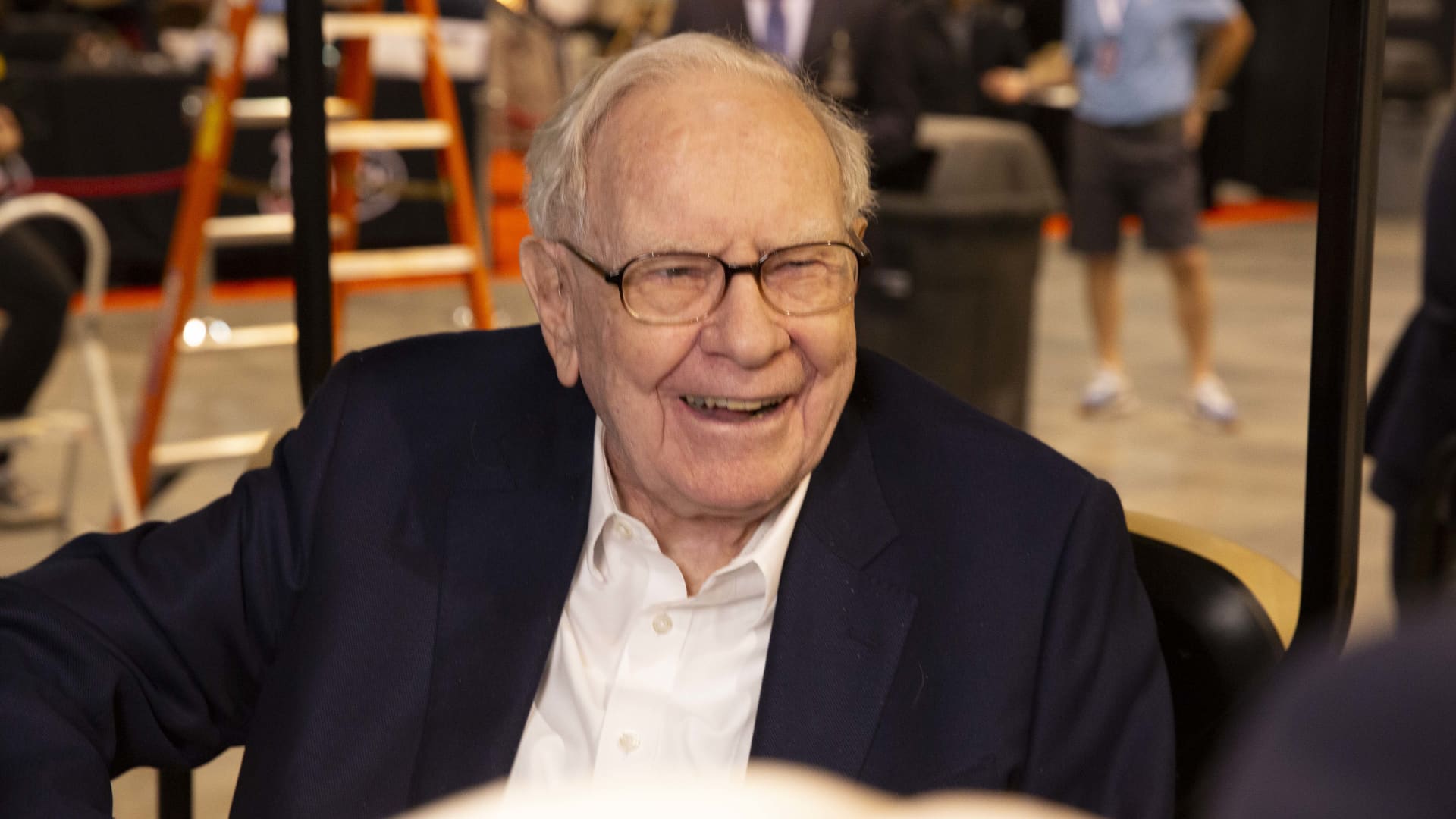Warren Buffett Breaks Down How to Repeat His Success and Return 50% a Year

Warren Buffett, often referred to as the Oracle of Omaha, once claimed that he could achieve a 50% annual return if he was managing just $1 million. Buffett's track record speaks volumes, and he has shared insights into how individual investors can replicate his success.
The Early Days: A Smaller Scale Advantage
Buffett’s best returns were achieved in the early stages of his career when he managed relatively small amounts of money. According to Buffett, a smaller investment size allows for more flexibility and the ability to act on a wider range of opportunities. 'The highest rates of return I've ever achieved were in the 1950s when I was investing peanuts,' Buffett remarked.
As an investor, managing a smaller pool of capital can offer unique advantages. Buffett argues that with a smaller scale, an investor can fully capitalize on smaller opportunities that would be unmanageable for a larger fund.
In-Depth Research: The Key to Outsized Returns
Buffett attributes a significant portion of his success to thorough and in-depth research. He recalled meticulously going through Moody's Manual to understand different industries intimately. 'I went through the Moody's Transportation Manual a couple of times, ... probably 1500 pages. I found all kinds of interesting things when I was 20 or 21. There were hundreds and hundreds of railroad companies. I liked to read about every one of them,' he shared.
For modern-day investors, this level of dedication to research is critical. By becoming deeply knowledgeable about a particular industry or company, investors can identify 'unusual' opportunities that might otherwise go unnoticed.
The Importance of Passion
Buffett emphasizes the necessity of having a genuine passion for investing. According to him, one must be 'in love with the subject' to achieve exceptional returns. 'You can't just be in love with the money; you've really got to just find something you're passionate about,' Buffett advised.
He believes that this passion fuels the diligence required to uncover and capitalize on undervalued opportunities, a crucial element in replicating his success.
Evolution and Adaptation
Early in his career, Buffett focused on buying what he referred to as 'cigar butts,' or companies on the verge of collapse but with a little bit of life remaining. This strategy involved picking troubled companies at deep discounts, hoping for a short-term rebound.
However, influenced by his late business partner Charlie Munger, Buffett's strategy evolved to purchasing high-quality companies with competitive advantages at fair prices. This shift has led to the establishment of Berkshire Hathaway's extensive portfolio, including renowned companies like Geico insurance and BNSF Railway.
Modern Implications
At the Berkshire Hathaway annual meeting, Buffet shared that the strategy for today's investors to achieve similar success involves comprehensive knowledge and the ability to act on it. 'I would try and know everything about everything small, and I would find something, and with $1 million, you could earn 50% a year, but you have to be passionate about the subject,' he concluded.
Buffett’s insights offer a valuable roadmap for investors aspiring to replicate his impressive returns. From managing smaller sums to dedicating oneself to thorough research and harboring a genuine passion for investing, these principles remain relevant across time.
This article was prepared using information from open sources in accordance with the principles of Ethical Policy. The editorial team is not responsible for absolute accuracy, as it relies on data from the sources referenced.
FAQ
How did Warren Buffett achieve his best returns?
Warren Buffett achieved his best returns in the early stages of his career by managing smaller sums of money, allowing for more flexibility and the ability to capitalize on a wider range of opportunities.
What role does research play in Buffett’s investment strategy?
In-depth research is critical to Buffett's strategy. He attributes much of his success to thoroughly understanding industries and companies, enabling him to identify unique investment opportunities.
Why is passion important according to Warren Buffett?
Warren Buffett believes passion is essential for exceptional returns. Being genuinely passionate about investing fuels the diligence needed to uncover and take advantage of undervalued opportunities.
How has Buffett’s investment strategy evolved?
Buffett’s strategy evolved from buying 'cigar butts' or companies near collapse at deep discounts, to purchasing high-quality companies with competitive advantages at fair prices.
What advice did Buffett give for modern-day investors?
Buffett advises modern-day investors to deeply understand and be passionate about their chosen industries. With thorough knowledge and a smaller investment size, one could potentially earn 50% annual returns.